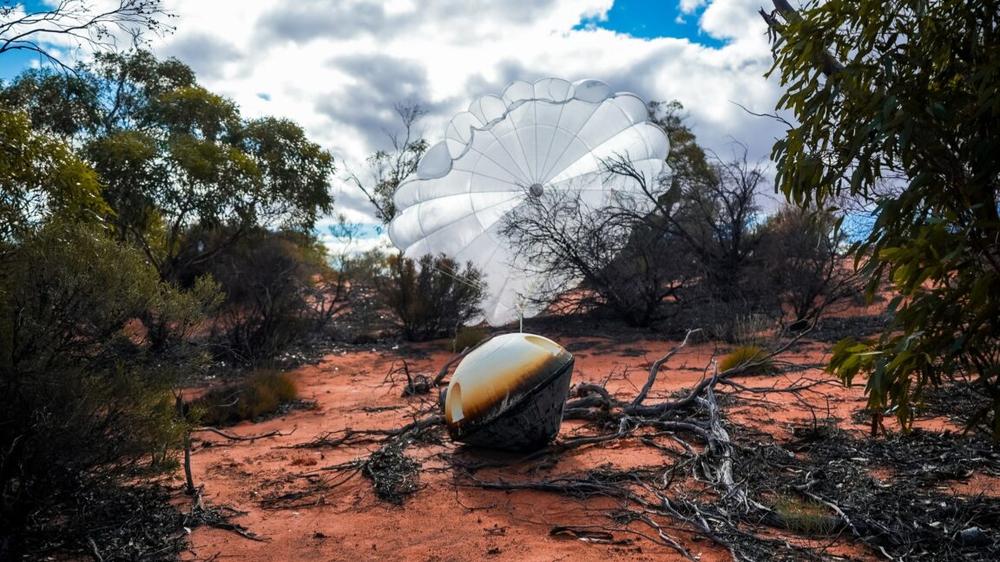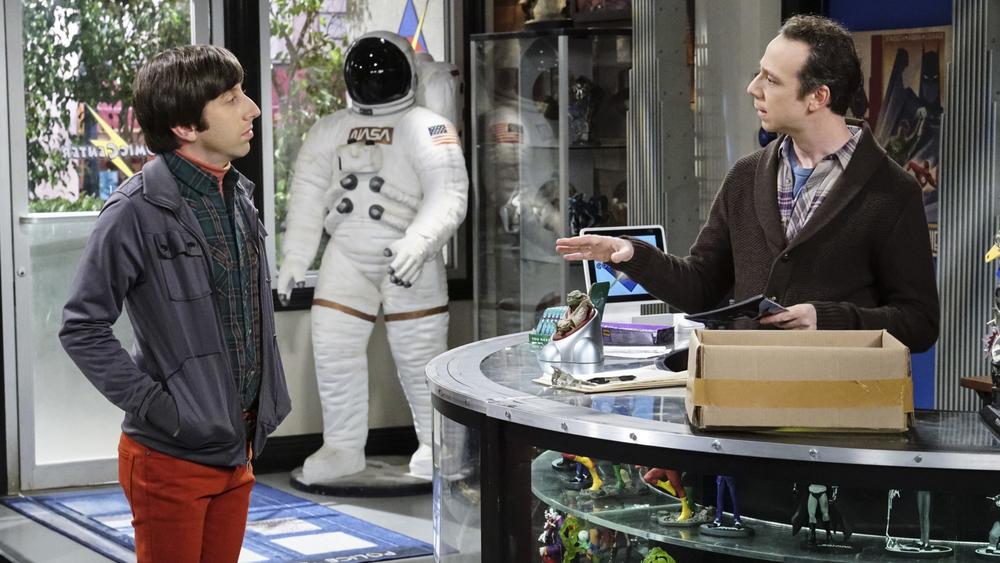After flying three missions into low-Earth orbit this year, Varda Space Industries appears to be making credible progress toward developing the nascent manufacturing-in-space industry.
Investors seem to think the same, as the California-based company announced an impressive $187 million Series C round of funding on Thursday. This brings the company's total amount of money raised since its founding in 2021 to $325 million.
"A decent chunk of the capital is going to go toward scaling up our production and operations," said the company's cofounder and president, Delian Asparouhov, in an interview. "And another chunk of that we're going to invest in our next-generation capabilities and spacecraft. With a vehicle like ours, there is a benefit to increasing the percentage of the total vehicle that is reusable."
Varda has developed a small, autonomous spacecraft that is capable of carrying several kilograms of payload into orbit. There, the spacecraft can support microgravity experimentation, autonomous manufacturing, hypersonic experiments, and more. Varda flew its first mission, W-1, in late 2023 and landed it successfully in 2024. During the flight, the spacecraft demonstrated pharmaceutical processing by growing crystals of the antiretroviral drug ritonavir.
Lots of Ws
This year, the company has launched three more missions, W-2, W-3, and W-4, with a variety of customers, including the US Air Force and NASA.
The W-4 mission, launched on June 24 as part of SpaceX's 14th Transporter mission on the Falcon 9 rocket, is notable because, for the first time, Varda flew its own spacecraft bus and reentry vehicle to support the capsule in flight. Previous missions used hardware developed by Rocket Lab. Asparouhov said the mission is going great so far, but the acid test for Varda's new hardware will come later—and during the reentry process later this fall.
Varda has a 30,000-square-foot facility in El Segundo to process its spacecraft and a laboratory in which pharmaceutical scientists can process materials for crystallizing biologics such as monoclonal antibodies. Asparouhov said the company aims to fly four missions using its own spacecraft next year before increasing the cadence of missions from there.
The company has also positioned its W-series of spacecraft, which reenter at a maximum speed of Mach 25, as an ideal test bed for thermal protection materials, navigation, communications, and other sensors that could be flown operationally on hypersonic missiles.
Therefore, Varda's three main lines of business are military applications, pharmaceutical research and manufacturing, and basic research in microgravity.
The latter is an interesting option at a time when NASA is rushing to manifest research experiments on board the International Space Station—which is due to retire in 2030—and commercial space stations have not yet come online (and may not for several years).
Humans in the loop?
For experiments that can be done without a human astronaut, Varda now offers a less expensive and faster way to get experiments done in space.
It is not difficult to envision an increasingly sophisticated, autonomous spacecraft potentially taking some commercial business away from private space stations (NASA's program for this is called Commercial LEO Destinations, or CLDs) that are being developed to come online by 2030, or shortly thereafter. However, Varda officials say this is not their intent.
"We don't view ourselves [as] competitive with those platforms. If anything, we're a force multiplier," said Eric Lasker, Varda's chief revenue officer. "We view ourselves more as the bridge versus some kind of competition to all things CLD."
Nevertheless, it's worth noting that Varda is flying missions right now—and quite a lot of them for a small space company. The next five years could see some industries and commercial applications moving toward an autonomous model in space rather than having humans in the loop, simply because that's the commercial option that exists today.
Despite its autonomous posture, Varda is not actually anti-human spaceflight. Asparouhov said the company would eventually like to build much larger platforms in space that can stay there permanently. Over time, these facilities will naturally need some maintenance.
"Consider an oil rig worker in Dallas where it's two weeks on, two weeks off. You get to be with your family two weeks, and then you're at this industrial outpost in the middle of nowhere that's difficult to get to," he said. "Ours just happens to be this low-Earth-orbit-based industrial outpost rather than somewhere in the ocean."

 The Best Alternative Prime Day Sales for Those Who Want to Avoid Amazon
The Best Alternative Prime Day Sales for Those Who Want to Avoid Amazon